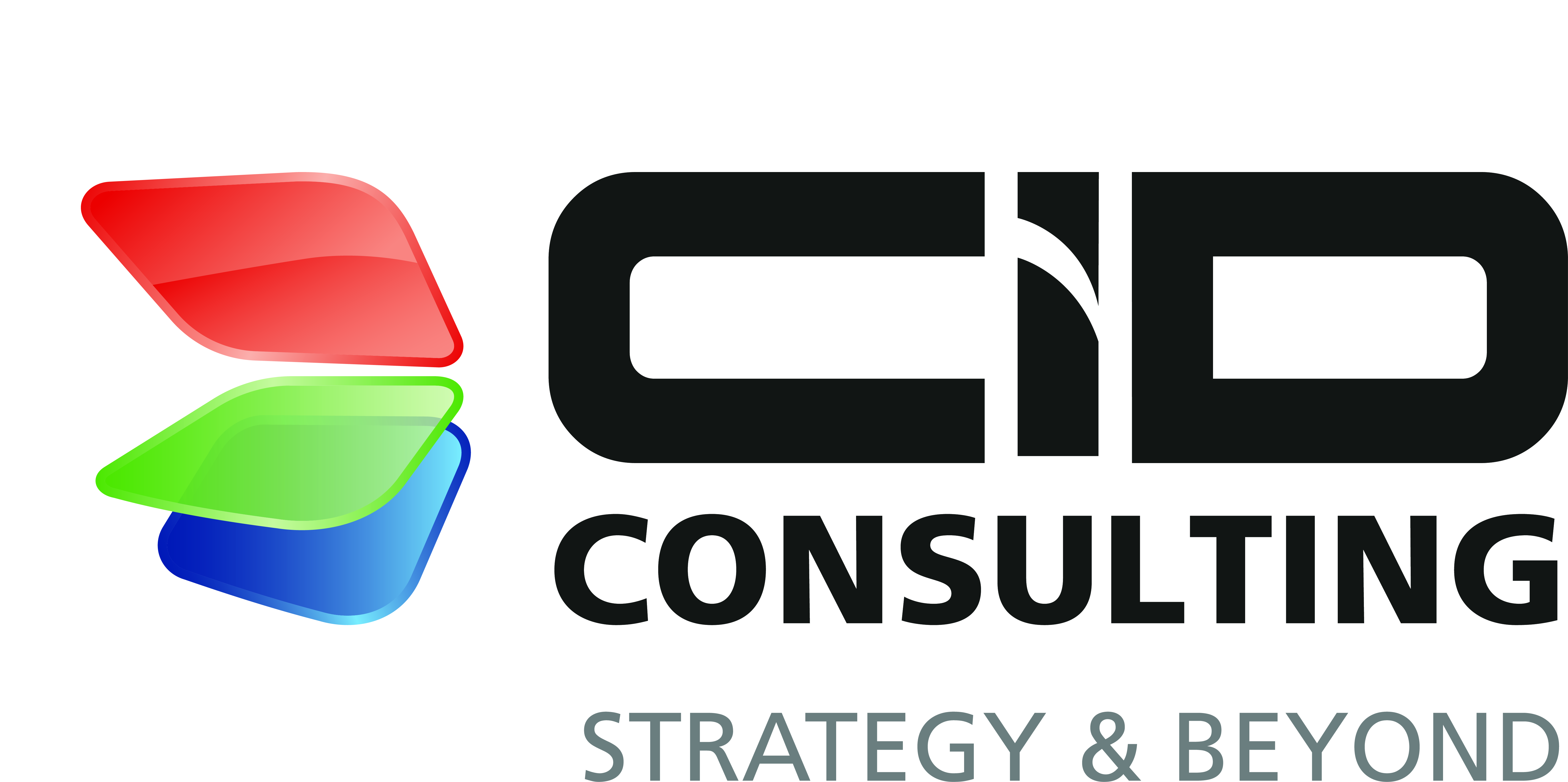
As part of its global commitment to safeguard the environment, Nestlé Egypt devised a Plastic Roadmap comprised of three pillars:
• Develop packaging for the future
• Help shape a waste-free future
• Drive new behavior and understanding
In an initiative to help shape a waste-free future and in compliance with EU directives for Extended Producer Responsibility (an environmental policy in which the cost of pollution is extended to the producers), Nestlé Egypt committed to recover and recycle as much as plastic as it produces to achieve plastic waste neutrality - aiming to recycle 14,000 tons of PET plastic by 2021 and 28,000 tons by 2024. Half of Cairo's municipal waste is collected by the informal community and nearly 80% of that waste is recovered and recycled. With this in mind, Nestlé Egypt sought out to design a scalable and sustainable industry-wide solution that engages with the informal sector's waste value chain to increase the recycling and recovery rates of PET plastic whilst simultaneously improving their livelihood in more than one front.

To meet this challenge, Nestlé Egypt and CID Consulting designed 'DORNA', a reverse credit system that incentivizes actors in the informal sector across the PET value chain to increase quantities of materials recovered. The main idea behind the reverse credit system is to:
• Provide incentive for the informal waste sector to recycle more PET, increasing the current collection rate of post-consumption PET in Egypt
• Exchange reverse credits with cash payments for each actor in the PET waste value chain after collecting the minimum quantity per month
• Propose a socially and environmentally impactful framework of Extended Producer Responsibility for the packaging industry
• Start with the largest informal recycling community in Egypt, the Zabbaleen of Manshiyet Nasser with plans to expand across Greater Cairo and new governorates.
The process begins with a cluster of value chain actors (VCAs) and identifying their role in recovering and recycling PET plastic. Once identified, each VCA is incentivized to recover and recycle a minimum quantity threshold per month to receive reverse credit. To ensure a robust tracking system linked with e-payment for value chain actors, a tailored digital platform was created where value chain actors can confirm and track transactions via SMS. A team of field coordinators was assembled to verify quantities collected and transactions made between each value chain actor, in addition to managing onboarding processes and providing technical support. Incentives are disbursed to VCAs’ e-wallets at the end of each month based on the quantities collected and can be cashed out through Fawry, Orange and other supporting actors.

DORNA was designed to simultaneously create environmental, social, and economic impact. It benefits households, the city, the government, and the environment by creating an additional source of revenue for informal waste recyclers, covering the cost of door-to-door household collection, improving their livelihoods and supporting their recycling businesses. Since its pilot launch in December 2019 and as of February 2021:
• 10,000+ tons of PET plastic have been recovered and recycled.
• 1200+ VCAs are actively participating in DORNA- all of whom receive their financial incentives directly to their e-wallets.
• 20% of value chain actors are represented by women – who have increased their spending on households and their children, especially on healthcare and education, with their additional source of income.
• EGP 7.9 million has been paid out to value chain actors.
• 12 recycling factories have been traded.
DORNA also marks a milestone for private-public sector collaboration in waste management and environmental sustainability in Egypt. With support from the Ministry of Environment, DORNA set an innovative and socially inclusive framework for Extended Producer Responsibility, paving the way for players in Egypt's plastic packaging industry to follow suit.

.png)










